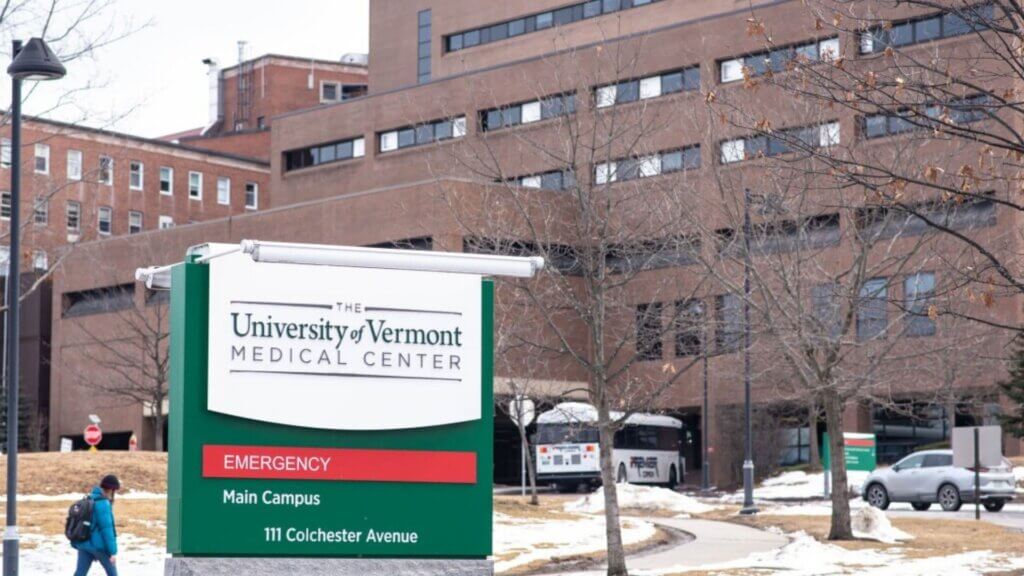
Many Vermonters are learning that the new federal tax reform eliminated a deduction for medical expenses. The Vermont Medical Expense Deduction is a big change for some people who itemize their taxes. Previously, they could deduct the cost of their health insurance and some other medical expenses. This deduction was removed as part of the 2017 tax reform bill passed by Congress and signed into law. CPAs around the state are seeing Vermonters who were previously eligible for this deduction now have to pay more tax.
Some medical expenses that may qualify for the Vermont deduction include transportation costs to and from medical appointments; food purchased to improve health; and certain expenses related to nutrition, wellness, or general health. You can also claim credits that lower your income tax liability. These credits can help you offset the effect of the medical expense deduction.
2023 you can deduct qualified Vermont medical expenses if they exceed 7.5% of your adjusted gross income (AGI). AGI is your total taxable income minus certain tax-deductible items like deductible student loan interest and traditional individual retirement account contributions.
The medical expense deduction is also known as the “Medical Expenses Amount” or the “Medical Expenses Itemized Deduction.” It is available to taxpayers who itemize on federal Schedule A, Form 1040. The deduction is subject to limitations, and keeping accurate records of your medical expenses is important.
A health savings account (HSA) is a great tool to use in conjunction with a high-deductible HSA-compatible health plan. HSAs are tax-advantaged, and you can use them to pay for healthcare expenses with pre-tax dollars and save for retirement on a tax-deferred basis. Many plans available through Vermont Health Connect are compatible with an HSA. You should consult a tax advisor to learn more about how these accounts work.

Which Expenses Qualifies for Vermont Medical Expense Deduction?
Calculate your federal taxable income to determine whether you can deduct your medical expenses. Then, subtract your standard deduction and personal exemptions from that total. This will give you the amount that is taxable in Vermont.
The Vermont deduction for medical expenses is limited to the federal deductibility limit. This limitation includes entrance fees and monthly payments to a continuing care retirement community (CCRC). It does not include CCRC services provided by a Medicaid contract. However, a CCRC may offer services that are not regulated by the State of Vermont and these services may be deductible.
Some types of expenses are eligible for the Vermont medical expense deduction, including the cost of a personal vehicle used for transportation primarily for and essential to medical care, costs related to nutrition, wellness, or general health, and insurance premiums covering medical care or long-term care. In addition, you can deduct the cost of a health savings account or flexible spending account.